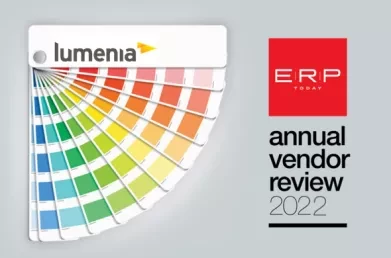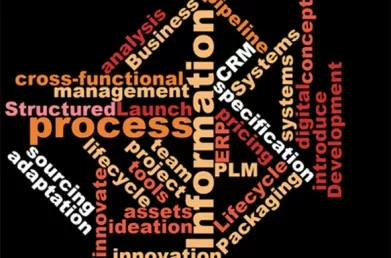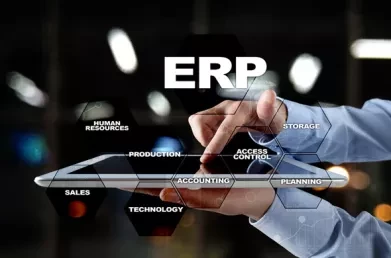Make to Order Is Big Challenge to ERP
In the early days of ERP [Enterprise Resource Planning], the major part of the functional requirements from the system was to look after the administration of orders for raw materials, components, parts and so on and link them to the manufacturing or operations systems and the central financial management systems.
Clearly, the on-site stock position for those elements was an essential requirement to avoid expensive downtime or delays and so MRP [Materials Requirements Planning] was in many ways the precursor of ERP as we know it.
So ERP evolved and these days has to match the complexity of modern global supply chains, fulfilment of customer demand, world class manufacturing and quality control—all at ultra-high speeds. This is a serious challenge for mass production in industries from electronics to consumer goods to food. But in any sector where things are made to order it is even more complex because of the variability, whether one-off or limited/small quantity orders.
The other challenge is integration with other specialist systems. ERP by definition these days is a fully joined up corporate system or it cannot function effectively. But manufacturing to order necessitates linking constantly or periodically with software such as CAD [Computer Aided Design], CAM [Computer Aided Manufacturing] in addition to SCM [Supply Chain Management] and quite often third party systems such as those of customers or partners and from multiple software vendors.
Unlike mass production, in make to order or engineer to order the key is the information flow between the customer—design or planning team, production and operations—and the manufacturer’s corresponding teams. All ETO [Engineer to Order] companies will emphasise that the quality of the collaboration with their customers’ teams is at least as important competitively as the pricing.
Any two companies which have collaborated previously as customer and ETO service provider will have developed a project template. But in fast-moving business very few things are as inevitable as a change in that template next time around. In these fast-moving times the controlling ERP has to be sophisticated and smart but above all adaptive. More often than not it will have to incorporate different project planning and inter-company processes for each product.
Another increasingly significant element is Quality Assurance documentation throughout the manufacturing processes and moving on to the customer’s databases supporting maintenance, end customer support or sector-compliant traceability systems. Longevity, consistent performance over the expected lifetime of a product, recording and reporting any aberrations are important feedback functions for the designers and production processes through iterations or new generations of products.
Back at the beginning of any ETO or general make to order process, accurate cost estimation to support the tender or proposal to the customer is clearly crucial to competitiveness and profitability. Most such contracts are fixed price, perhaps with periodic reviews where material or component costs are known to fluctuate. So the sensitivity of accurate cost estimation is a key indeed essential attribute of smart ERP systems.
Make to order or ETO operations are seldom completely once-off or unique. Common components are quite usual, for example circuit boards, electrical or mechanical connections, valves, switches, LCD displays and so on. Other elements are designed to be unique, whether to differentiate the product or to fit its designated purpose. The ERP system is in many ways also a knowledge store and resource, built up over various projects, contracts and even designs and costings that did not progress beyond early stages preparations or testing.

ERP for make to order is the overall management control system but it is deeper and richer than that. It is an ongoing feedback and operations and cost and progress monitoring mechanism, as with any ERP system in manufacturing and supply chain. But it is also in many ways the repository of the corporate experience over years. It is generally acknowledged today that senior employees, particularly specialists, are the fount of institutional knowledge. Wisdom some of an older generation might say. But smart ERP is the complementary and more systematic resource based on accumulated accurate and technical records. The two go together remarkably well.
This blog was written by Frank Crewe, Principal Consultant at Lumenia. If you would like further information on Make to Order in ERP or on any other aspect of ERP please send an e-mail to Frank Crewe.


